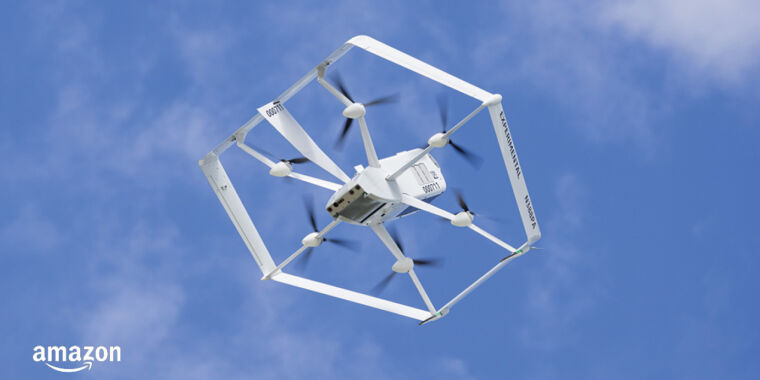
The business sector has had a fraught relationship with conservation. While many companies are now pushing to make their products and operations less damaging to the environment, the private sector, broadly speaking, has made life harder for the world’s complex ecosystems and the organisms in them.
For those companies looking to understand their environmental impacts better, NatureMetrics, a UK-based company, recently launched a service that can potentially inform conservation efforts in the private sector. The company is in the early stages of launching a subscription service that lets corporations regularly check their sites for biodiversity and keep an eye on any changes—good or bad—their activities have.
“You need to be doing monitoring over time in a structured way with enough samples to give you statistical significance,” Katie Critchlow, NatureMetrics’ CEO, told Ars.
NatureMetrics creates kits to check for environmental DNA (eDNA) in an area, which should indicate the species present. According to Critchlow, these kits are simple to use; the process involves collecting a sample of water or soil from an area, then sending the sample back to NatureMetrics for analysis.
The kits allow companies to check the relative abundance of species in an area. Critchlow noted that the kits don’t enable users to get an exact population size, but they can tell users which species are more common than others in an area. She added that companies or other users could do field work, like spotting animals, to get a better sense of population size.
“What eDNA brings to the party”
The eDNA company announced it would launch a new subscription-based service at this year’s UN Biodiversity Conference, called COP15, which brings governments and various groups from almost 190 countries together. Companies can use the kits to test in areas they operate in, and NatureMetrics will analyze the sample and provide biodiversity insights via an online platform.
The service is geared toward companies with “site-based assets,” Critchlow said. A mining company could use it to check for endangered species in a site they hope to work in or use it several times over a year to see how biodiversity is changing in the area, for instance. If said mining company detected a rare species in one location on its site, it could avoid that area.
She said it also allows researchers to identify species that are smaller or perhaps less visible than, say, birds or large mammals. While these smaller species—insects or plants, for example—are perhaps less charismatic, they often play essential roles in their respective habitats, like ensuring soil fertility.
“This is what eDNA brings to the party,” Critchlow said.
There are other platforms companies can use to see baseline biodiversity data on their sites—The Global Biodiversity Information Facility, for instance. However, services like this may use older data that isn’t updated regularly (in the way NatureMetrics’ service offers). Other species monitoring platforms are based on traps and sightings, which may miss out on smaller or otherwise harder-to-find species.
The service is still in its early launch stages. They hope that more companies will join in over time. The minimum amount for companies is around 10,000 pounds (about $12,000), but it can go upwards of 100,000 pounds (about $120,000) for businesses with larger or multiple sites. The subscription they launched is still in beta testing, but the company hopes that the first clients will be using it in the new year and that companies will be able to start seeing their data on the online platform the following year. Mining company Anglo American is expressing interest in the service, Critchlow said.








